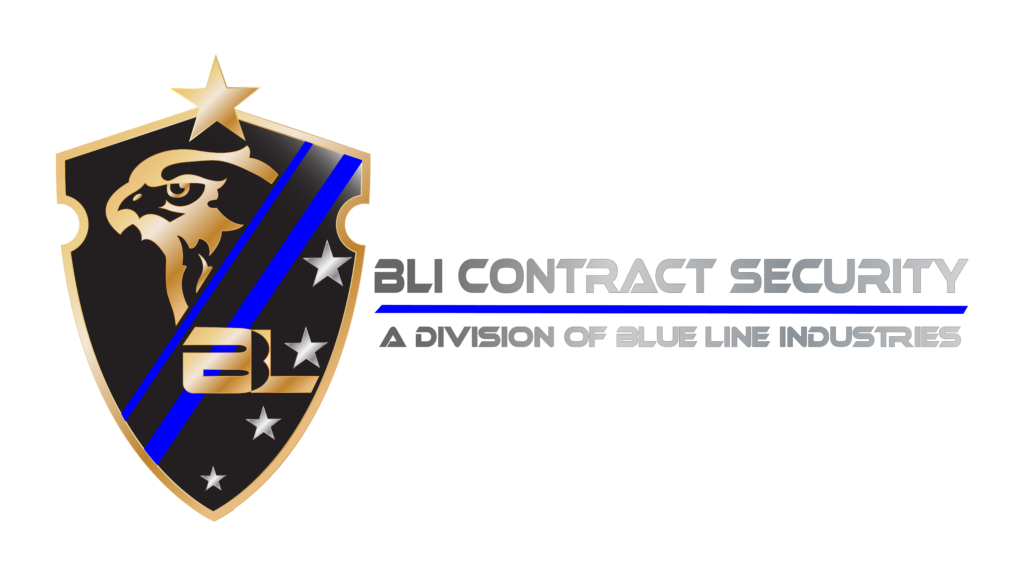What Business Owners Need to Know
In an era of rising crime and security threats, business owners can no longer afford to overlook the importance of professional security services. The private security industry fills a critical gap left by dwindling police forces, yet many businesses fail to understand the legal liabilities and risks associated with inadequate security.
This blog post explores the history of private security, the importance of hiring trained professionals, and the critical difference between armed and unarmed security personnel—as well as how these factors impact a business’s liability.
The Origins of Private Security
The private security industry in the United States traces back to the 1800s, when Allan Pinkerton founded the Pinkerton Detective Agency. Pinkerton’s firm played a pivotal role in law enforcement history, even foiling an assassination attempt on President Abraham Lincoln.
However, while law enforcement agencies evolved over time, they have never been able to provide full coverage due to limited personnel and resources. Today, the shortage of police officers leaves businesses vulnerable—creating a demand for private security firms.
The sad reality? Many private security officers lack proper training, and in some states, convicted felons can legally own or work for a security company. This is why business owners must be diligent when selecting a security provider.
Armed vs. Unarmed Security: What’s the Right Choice?
The majority of private security officers in the U.S. are unarmed. Many security companies convince clients to choose unarmed guards to reduce liability risks or save costs.
But let’s be real: If security personnel are unarmed, how can they protect against an armed criminal?
🔹 Armed Security: Provides real protection and deterrence against violent crimes.
🔹 Unarmed Security: May deter minor incidents but is ineffective against serious threats.
A determined criminal will always assess a business’s security posture before committing a crime. If they see an unarmed security guard, they know there is no real deterrent.
Business owners must ask themselves:
👉 What is the goal of hiring security? If the goal is to truly protect people and property, armed security is often the best option.
The Bottom Line: Liability & Choosing the Right Security Firm
Selecting a reputable, well-trained security provider is not just about safety—it’s about protecting your business from legal liability.
When choosing a security firm, look for:
✅ Former military and law enforcement professionals who understand real-world threats.
✅ Ongoing training programs for security officers.
✅ A clear understanding of premises liability laws to reduce your business’s risk.
A “hold harmless” agreement from a security provider may protect them—but it won’t protect your business if a lack of security leads to injuries or fatalities.
Final Thought
Security is not just an expense—it’s an investment in protecting your business, employees, and customers. With crime rates rising and courts holding businesses accountable for security failures, the best defense is a proactive approach to security.
Don’t wait until it’s too late—invest in professional security today.
